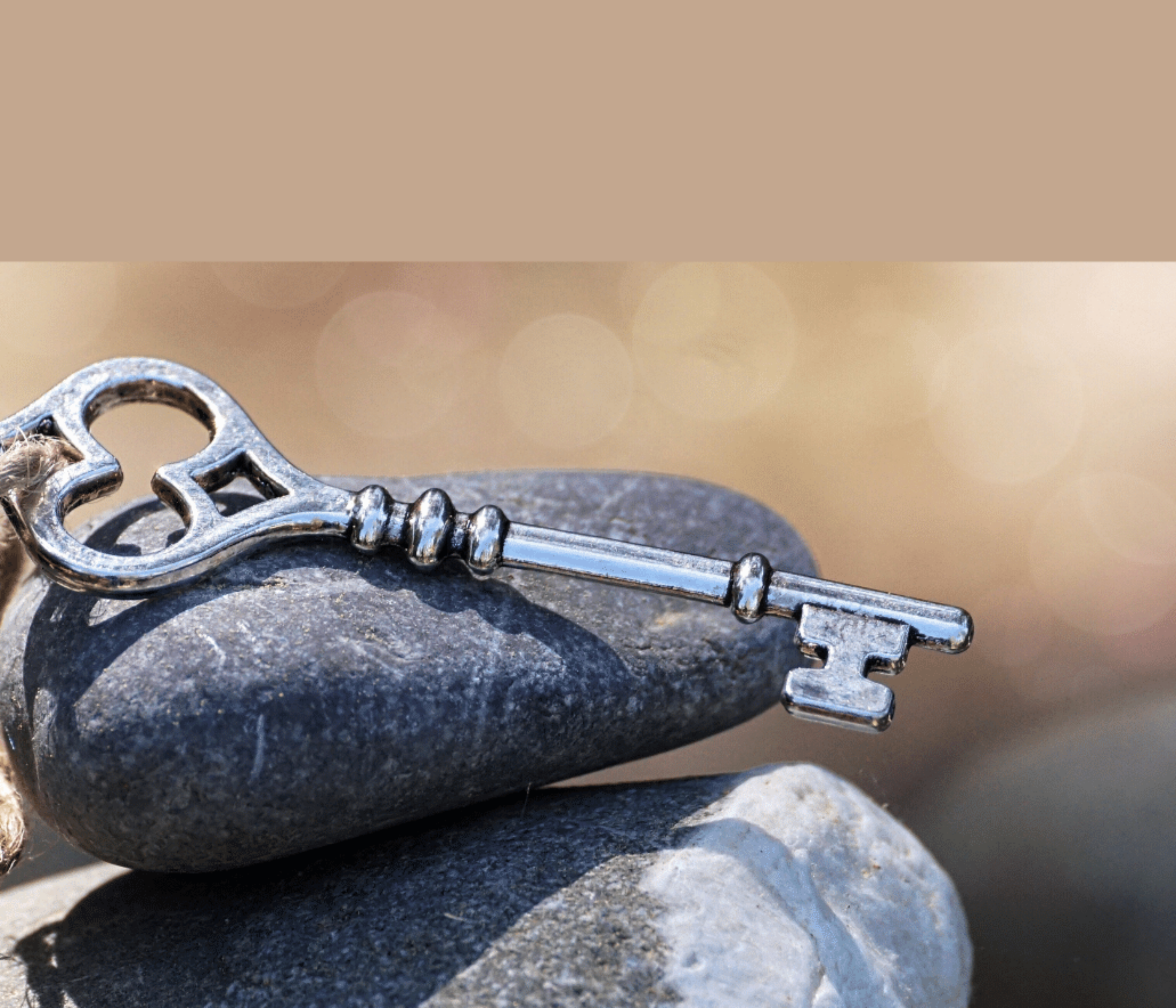As a Survivor of domestic abuse, I know what an unhealthy relationship looks like, but how do we identify signs of a healthy individual and identify the positive features of a healthy relationship?
The opposite of love isn’t hate, it is indifference.
— Lesley Vernick —
So, I think this is a good place to start. What does indifference look like? Well, I guess a person whose attitude is indifferent to us may say or act as though: your opinion, your ideas, your dreams, your values, your requests, your feelings don’t interest or concern me. Or more simply: I don’t care how you are doing or how you feel.
Three essential ingredients to thrive are Mutuality, Reciprocity and Freedom.
— Lesley Vernick —
In my own words, this means: Equality, shared responsibility and the freedom to be yourself.
So, how do we measure this?
We could ask ourselves: do I feel safe and comfortable around them, do I feel free to express my thoughts, ideas and feelings? Another good way to assess this is to observe a person, pay attention to their other relationships and how they treat others. For example, in shops and restaurants, are they rude & critical or kind & respectful?
It is also vital to listen to your gut and pay attention to it, before taking any steps towards trust and vulnerability.
Another very important element of healthy relationships is sharing the same core values. So, ask yourself: do I share the same core values as this person? For example, do you value:
Honesty, love of God, Holiness, Faithfulness, Compassion and forgiveness
— Dr Henry Cloud and Dr John Townsend —
For me, this translates as: Does this person practice honesty or deception, do they love God in word and deed, are they quick to forgive and can they say sorry and then choose to turn away from whatever behaviour causes others offence or hurt? In other words are they open to feedback?
Another good measuring gauge offered is:
Does this person care about his or her impact on you?
— Dr John Townsend —
What an important question!
The reality is, if we care about someone or are in a relationship with them, how they act and treat us affects us. It’s called relational impact.
For me, the bottom line here is that we need others to care about how they affect us, or how their actions, decisions and words impact us.
Townsend goes on to say:
The extent to which other people are concerned about their impact on you is the extent to which you can trust them.
— Dr John Townsend —
I think this is an excellent piece of advice.
Please know that my heart and prayers go with you, as we each try to navigate our way to healthy relationships, romantic or otherwise, post abuse.
God bless,
Nicole x
The Emotionally Destructive Marriage Lesley Vernick
Boundaries in marriage Dr. Henry Cloud & Dr. John Townsend
Beyond Boundaries learning to trust again in relationships Dr. John Townsend
Read the Survivors’ Handbook
Our handbook for female Christian survivors of domestic abuse has a whole chapter dedicated to setting boundaries & developing healthy relationships.

